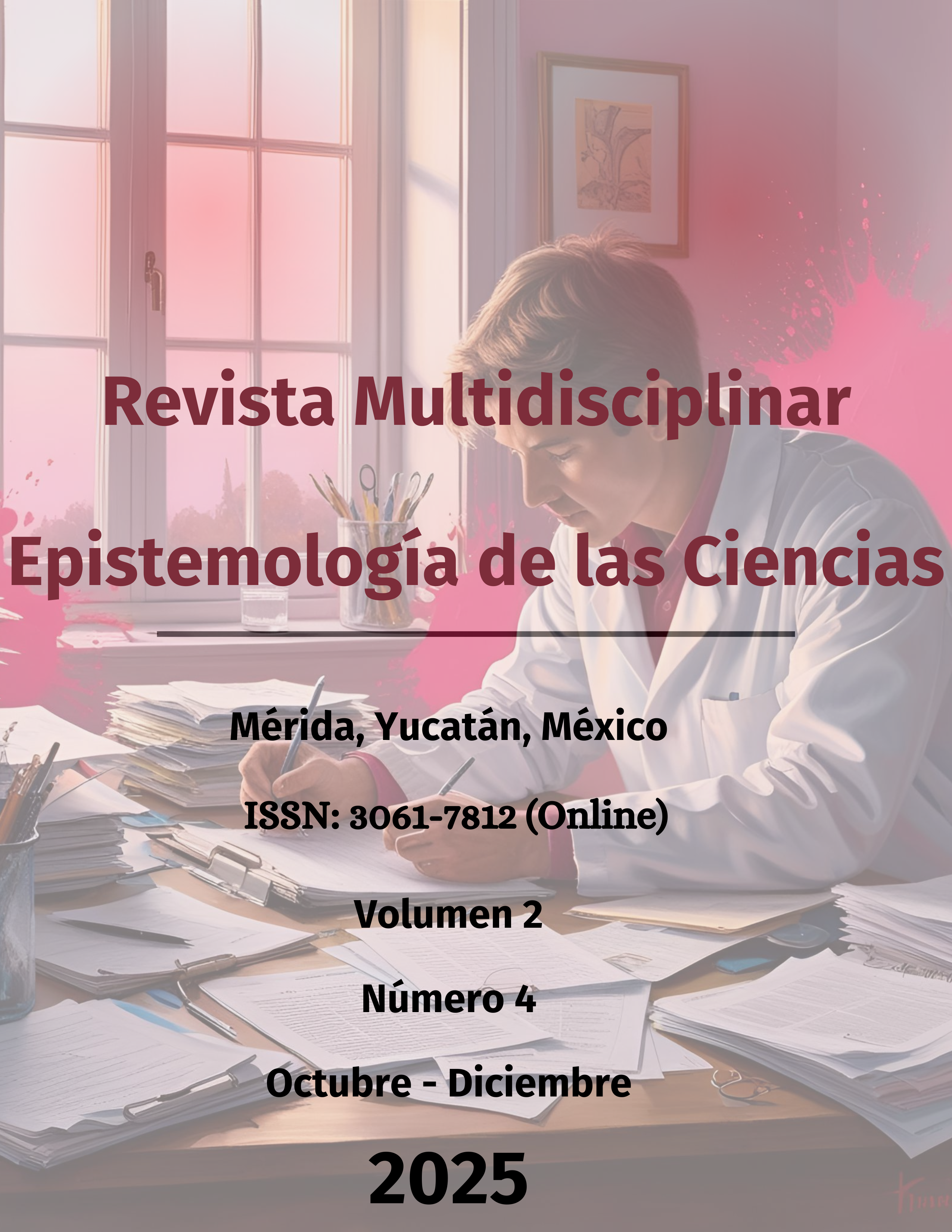Active methodologies with ICT: a proposal for inclusive education in learning processes
DOI:
https://doi.org/10.71112/wj8wcb85Keywords:
active methodologies, ICT, learning difficulties, theories, inclusive education, teaching, learningAbstract
With the active methodologies for teaching/learning, didactics are being provided that favor the development of competencies, inclusion and academic progress, which is reflected in the daily work carried out by each teacher in their educational praxis; now, if these methodologies are accompanied and incorporate the new educational technologies; Undoubtedly, the factor of innovation and creativity comes to play a transcendental role in the rhetoric of putting teaching work into practice. This is how information and communication technologies (ICT) have brought undeniable benefits to all areas of knowledge by being influenced by the changes and updates that each field of knowledge requires, in education it has given new perspectives in the form how information and knowledge is acquired, and even trends indicate that it is an open space for transformation in this digital age. On the other hand, the school is conceived as a favorite space to impart science and know-how in practice, technology and culture; Hence, the importance of knowing well-referenced learning theories, among others (behaviourism, constructivism, cognitivism) and others less widespread such as multiple intelligences, learning styles, metal models, learning pyramids, and cerebral hemispheres; by the way, each boy and girl has their own intellectual capacities and the school must be oriented to potentiate said capacities with new tools, updated and contextualized methodologies; therefore, the care of children, adolescents and young people considered normal, gifted or with learning deficiencies is a priority for each educational system, where inclusion is welcomed by all sectors of society.
Therefore, with active methodologies that incorporate ICT, more playful, dynamic and fun classes are achieved in their teaching, with high learning content by developing academic competencies, skills and abilities of students.
Downloads
References
Área, M. (2009). Uso de las TIC en estudiantes de quinto y sexto grado de educación primaria. https://org/10.32870/ap.v9n1.913
Anderson, L., Londoño, D., & Martínez, G. (2022). Desarrollo de competencias en el ámbito educativo: definición conceptual y operacional. UMECIT. https://doi.org/10.36955/RIULCB.2022v9n1.002 DOI: https://doi.org/10.36955/RIULCB.2022v9n1.002
Bergmann, J. (2014). Aula invertida: una estrategia de enseñanza para estudiantes de educación general básica. Ciencias de la Educación.
Geghdalia, S. (2019). Impacto de las TIC en los procesos de aprendizajes de los estudiantes. https://doi.org/10.5281/zenodo.10420523
González Vidal, M. (2021). Impacto de las TIC en los procesos de aprendizajes de los estudiantes. https://doi.org/10.5281/zenodo.10420523
Holguín, L. (2023). Importancia de la gamificación en el proceso de enseñanza-aprendizaje. Polo del Conocimiento, 8(8), 844–852.
Marques, T. (2009). Desarrollo de la lectoescritura mediante TIC y recursos educativos abiertos. Revista de Innovación Educativa, 7(1).
Parra, L., & Segura, A. (2019). Importancia de la gamificación en el proceso de enseñanza-aprendizaje. Polo del Conocimiento, 8(8), 844–852.
Revuelta, F. (2011). Uso de las TIC en estudiantes de quinto y sexto grado de educación primaria. https://org/10.32870/ap.v9n1.913
Rodríguez, M., Aspiazu, R., Magallón, L., & García, N. (2021). Simulación en el ámbito educativo: una forma práctica de aprender.
Russell, S., & Norvig, P. (2010). La inteligencia artificial en la educación: hacia un futuro de aprendizaje inteligente. En M. del R. Fernández de Silva (Ed.).
Serna, G. H., & Díaz, P. A. (2013). Metodologías activas del aprendizaje (1.ª ed.). Fundación Universitaria María Cano.
UNESCO & OREALC. (2013). Desarrollo de la lectoescritura mediante TIC y recursos educativos abiertos. Revista de Innovación Educativa, 7(1).
Xus Martin, M. (2003). El trabajo colaborativo: una herramienta de enseñanza para el aprendizaje. RECIE: Revista Electrónica Científica de Investigación Educativa, 4(1), 637–646. DOI: https://doi.org/10.33010/recie.v4i1.409
Downloads
Published
Issue
Section
License
Copyright (c) 2025 Ronald Jefferson Rosero Paz , Karen Viviana Caicedo Gonzales (Autor/a)

This work is licensed under a Creative Commons Attribution 4.0 International License.











